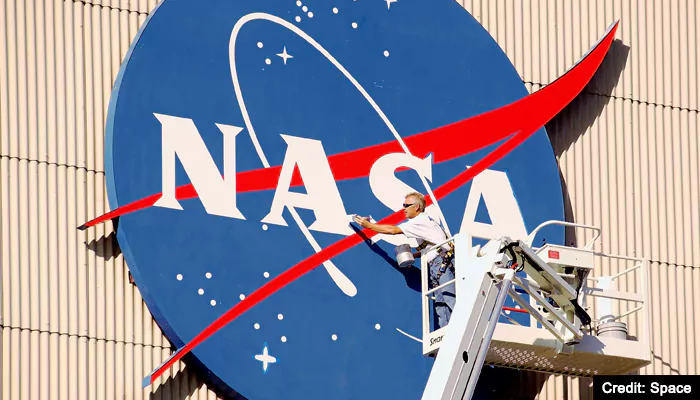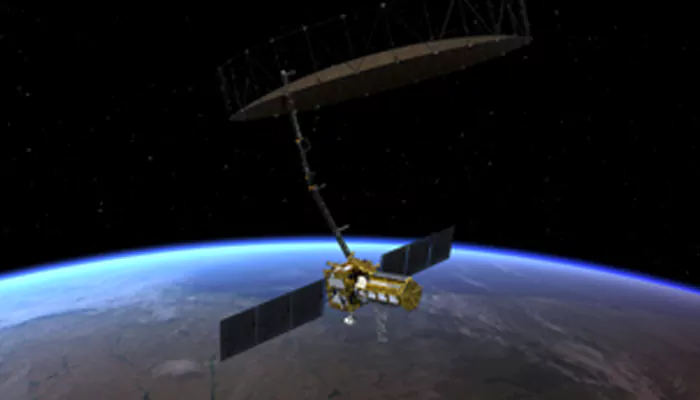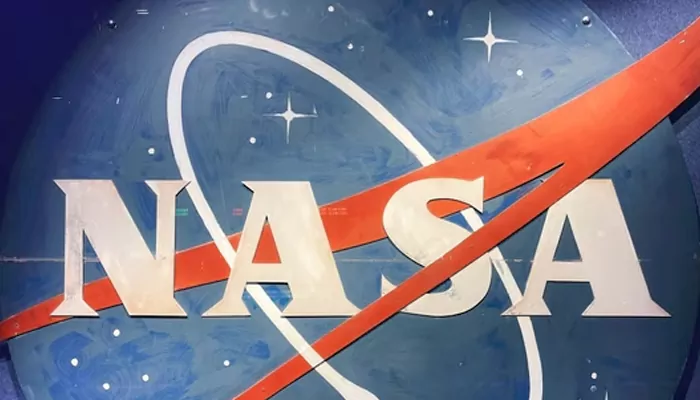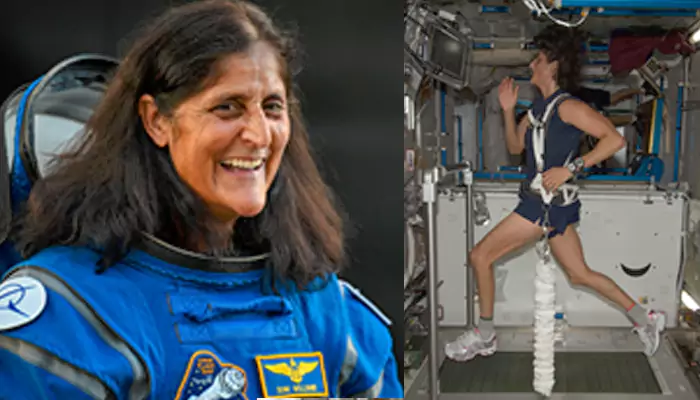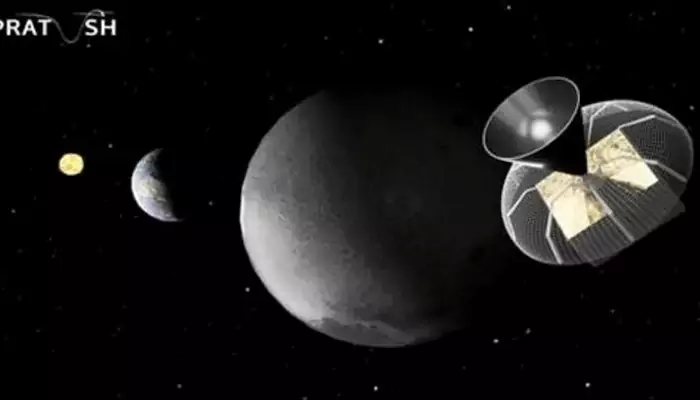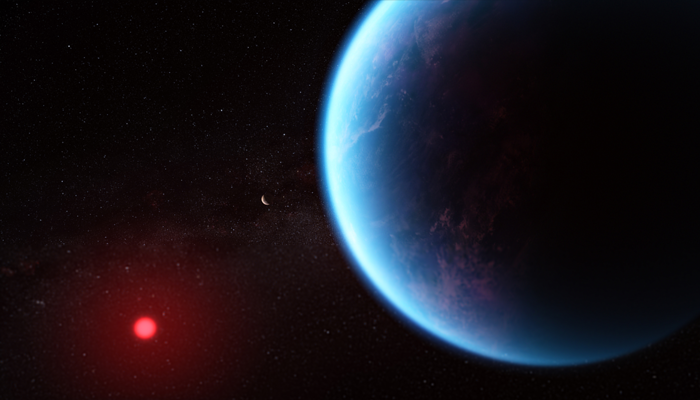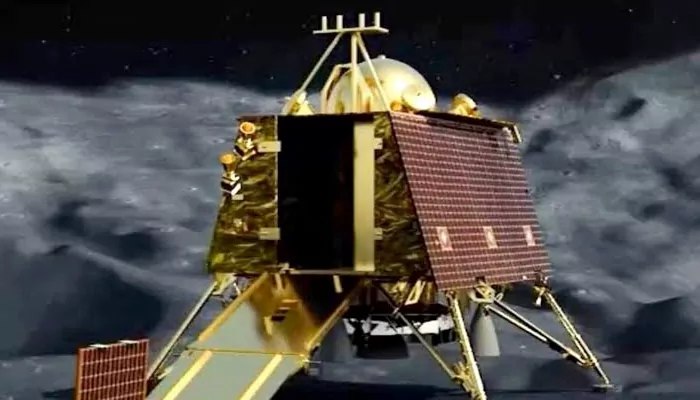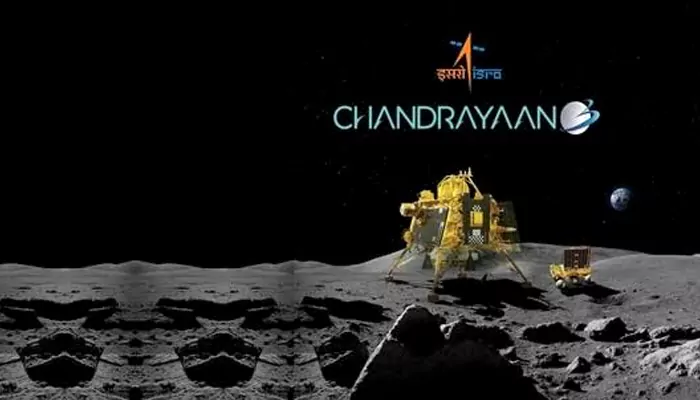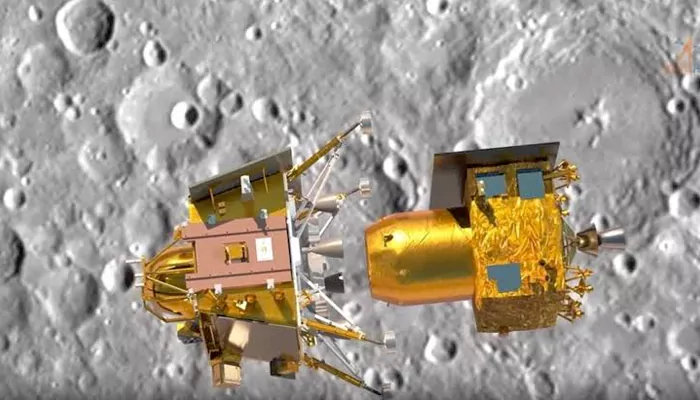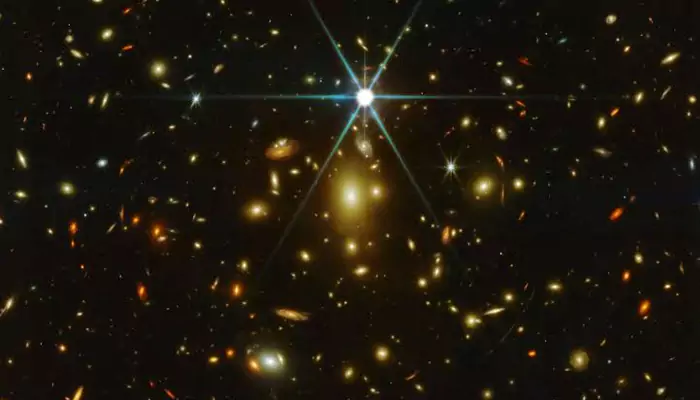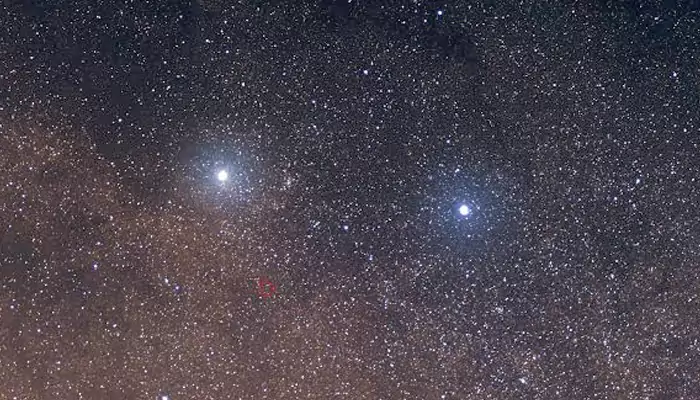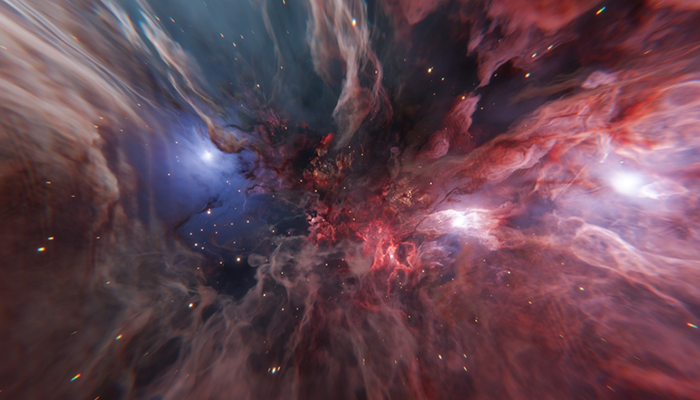Could Asteroids Provide Meals For Space Travelers? Study Suggests So
- Sayan Paul
- 1 year ago
- 4 minutes read

The idea is to extract the carbon content of space rocks and turn it into something edible.
Till now, most of the food consumed in space is transported from the Earth. However, this method won't be sustainable for longer stays (or travel to distant destinations in space) for obvious reasons. While there have been some experiments on space agriculture (like growing salad leaves), that also doesn't yet seem like an effective option. To solve this issue, researchers have come up with a new idea, which sounds bizarre but could be a way to ensure food safety for astronauts.

According to engineers and planetary scientists at Western University's Institute for Earth and Space Exploration, asteroids could be used to provide meals for space travelers. This doesn't mean consuming rocks directly; the concept is to extract carbon content from them and convert them into something edible. The study has been published in The International Journal of Astrobiology.
First, Let's Understand The Concept Of "Space Eating"
Eating in space is quite different from that in space, especially because of the microgravity environment. Previously, astronauts used to consume freeze-dried food and powdered beverages. Currently, ready-to-eat meals (produced at laboratories) are used.
The food is transported from the Earth to the space. It usually comes in plastic packaging or cans and has Velcro patches so that it can be attached to a tray or table. These are dehydrated (either partially or completely) to prevent them from spoiling. And they are stored in locker trays (held by a net) in the spacecraft so they won't float away.
Astronauts usually have three meals every day in space.
A very space Thanksgiving for 2020: Here's what astronauts will eat in space (video) https://t.co/yf0vnzOXa5 pic.twitter.com/RPIRPIh6XU
— SPACE.com (@SPACEdotcom) November 26, 2020
Credit: SPACE.com
As already mentioned, transporting all that food from the Earth is not a sustainable option for longer stays in space. And that's why scientists and engineers worldwide have long been researching to find out a better option.
Now, Could Asteroids Provide Meals For Space Travelers?
Joshua Pearce, an engineering professor at Western University, along with other scientists and engineers studied the use of bacteria to convert carbon-containing compounds from asteroids into edible food.
The study was inspired by a U.S. Department of Defense project that converted plastic waste into edible food. Using a process called pyrolysis (heating the plastic in the absence of oxygen), the plastic is first broken down into solids, gas, and oil. The oil is then added to bacteria inside a bioreactor, leading to the production of nutritional biomass.
Fancy slurping down an asteroid milkshake? For future space travellers, it could be the only meal on offer. https://t.co/dUXxcXqbw8
— New Scientist (@newscientist) October 6, 2024
Credit: New Scientist
Pearce and team suggested that asteroids are similar in nature to plastics in terms of how microbes interact with them. They used the asteroid Bennu and found that it could be used to produce enough food to sustain one astronaut between 600-1700 years.
Joshua Pearce's Words
In an interview with NewScientist, Pearce explained their findings, saying, "When you look at the pyrolysis breakdown products that we know that bacteria can eat, and then what’s in asteroids, it matches up pretty reasonably, actually. So, I think this can actually work."
"The bacteria end up looking “something like a caramel milkshake. We did a nutritional analysis, and it turns out to be almost a perfect food. It turns out that the bacteria consortium that we were using, more or less, has a third each for protein, carbs, and fat," he added.
Investigating the possibility of using #asteroid material to grow edible biomass for astronauts https://t.co/TNDYyt40wB
— Phys.org (@physorg_com) October 4, 2024
Credit: Phys.org
However, he mentioned that it still has a "long way to go" as there are various challenges to experimenting with it on an asteroid. They are currently preparing to carry out a test on a smaller scale next year.

